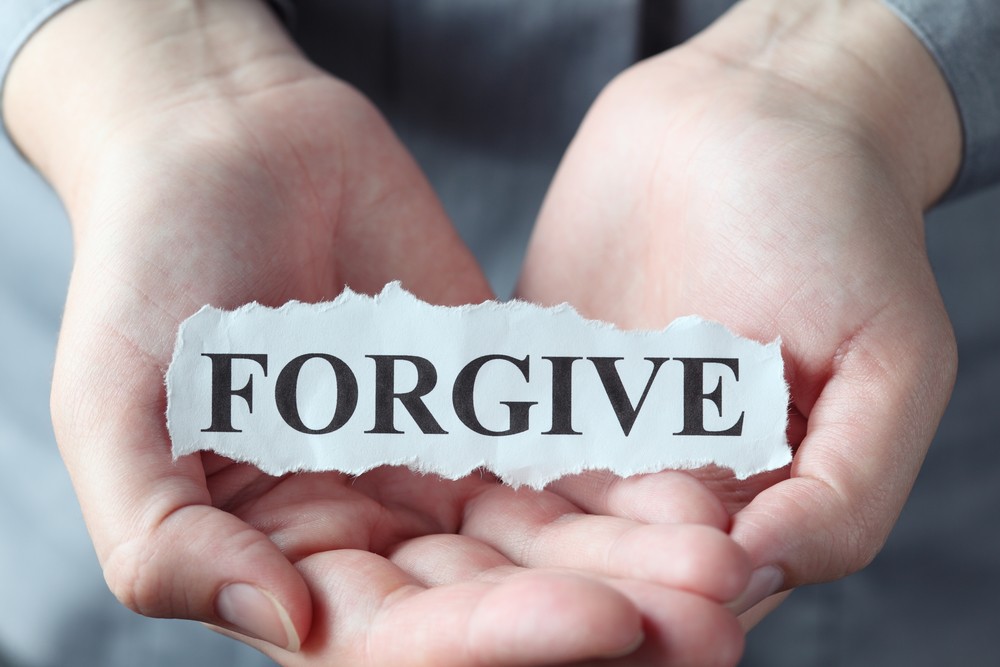Forgiveness is a powerful force that plays a crucial role in maintaining healthy relationships. Whether in romantic partnerships, friendships, or family bonds, conflicts and misunderstandings are inevitable. In these moments, forgiveness acts as the glue that holds relationships together, allowing individuals to move past hurt and resentment and work towards healing and reconciliation. In this blog post, we’ll explore the importance of forgiveness in relationships, how to practice it effectively, and the lasting impact it has on both individuals and their connections with others.
Why Forgiveness Is Essential for Healthy Relationships
At the heart of every strong relationship is the ability to forgive. No relationship is free of conflict, people are flawed, and mistakes happen. Whether intentional or unintentional, hurtful words or actions can create distance, erode trust, and strain relationships. However, when forgiveness is practiced, it provides a path for healing and restoration, allowing both parties to repair the relationship and move forward with a renewed sense of trust and understanding.
Forgiveness isn’t about condoning harmful behavior or forgetting the pain caused. Rather, it’s about releasing the emotional weight of resentment and choosing to prioritize the relationship over the wrongdoing. Holding onto grudges or bitterness can poison a relationship over time, creating a barrier to emotional intimacy and growth. By practicing forgiveness, individuals make a conscious decision to let go of negative emotions, giving both themselves and their partners the opportunity to heal and rebuild trust.

The Healing Power of Forgiveness
Forgiveness has the power to heal not only relationships but also the individuals involved. Studies show that those who practice forgiveness experience lower levels of stress, anxiety, and depression, as well as improved physical health. When people hold onto anger and resentment, it can manifest in various harmful ways, both emotionally and physically. Forgiveness offers freedom from these negative emotions, allowing individuals to experience greater peace of mind and emotional well-being.
In relationships, forgiveness strengthens emotional bonds by fostering empathy, compassion, and understanding. When one person forgives another, it demonstrates that they value the relationship enough to work through the hurt, creating a deeper sense of connection and trust. This can lead to greater resilience in the relationship, as both parties learn to navigate conflict and resolve issues in a healthy, constructive manner.
How to Practice Forgiveness in Relationships
Forgiveness is not always easy, especially when the hurt is deep or ongoing. However, practicing forgiveness is a crucial skill that can be developed with intentionality and patience. Here are a few ways to cultivate forgiveness in your relationships:
- Acknowledge the Hurt: The first step in forgiveness is acknowledging the pain caused by the other person’s actions. Ignoring or suppressing the hurt will only delay the healing process. Take time to process your feelings and understand the impact the situation had on you.
- Communicate Your Feelings: Open communication is essential for forgiveness. Express your feelings honestly and calmly to the other person, explaining how their actions affected you. Avoid blaming or attacking language and focus on sharing your perspective.
- Empathy and Understanding: Try to see the situation from the other person’s point of view. Empathy allows you to understand their intentions, motivations, or circumstances, making it easier to forgive. This doesn’t mean excusing their behavior, but it helps humanize them and fosters compassion.
- Let Go of Resentment: Forgiveness is ultimately a choice to release resentment and anger. This may take time, but holding onto negative emotions will only hurt you in the long run. Make a conscious decision to let go of these feelings, focusing instead on healing and moving forward.
- Commit to Reconciliation: Once forgiveness has been offered, both parties should commit to rebuilding the relationship. This may involve setting boundaries, working on communication, or taking steps to prevent the issue from happening again. Forgiveness is a continuous process, and both individuals must be willing to work on the relationship for it to thrive.
Forgiving Yourself: An Overlooked but Essential Step
Forgiveness in relationships isn’t just about forgiving others, it’s also about forgiving yourself. Self-forgiveness is often overlooked but is a vital component of maintaining healthy relationships. We are all imperfect, and at times, we may contribute to the pain in a relationship. Holding onto guilt or shame for past mistakes can be just as damaging as holding a grudge against someone else.
To truly move forward and create a healthy relationship, it’s important to practice self-compassion and let go of self-blame. Acknowledge your mistakes, take responsibility for them, and then forgive yourself. This self-forgiveness allows for personal growth, which in turn strengthens the relationships you have with others.

The Long-Term Benefits of Forgiveness in Relationships
The practice of forgiveness yields long-term benefits that enhance the health and longevity of relationships. Over time, the act of forgiving deepens emotional bonds, builds resilience, and fosters a greater sense of trust and security. Couples, friends, and families who prioritize forgiveness are better equipped to handle future conflicts and challenges because they have established a foundation of grace and understanding.
In the long run, relationships that are built on a foundation of forgiveness tend to be more fulfilling and stable. By practicing forgiveness regularly, individuals create a culture of empathy, acceptance, and compassion within their relationships, making them more likely to withstand life’s inevitable difficulties.

Conclusion
Forgiveness is a transformative force that has the power to heal relationships, restore trust, and promote emotional well-being. In maintaining healthy relationships, forgiveness is not just an option, it’s a necessity. Whether it’s forgiving a partner, a friend, or even yourself, the ability to let go of past hurts and focus on reconciliation paves the way for stronger, more meaningful connections.
Healthy relationships require effort, understanding, and, most importantly, forgiveness. By choosing to forgive, you allow yourself and the other person to move forward with greater empathy, compassion, and love. Forgiveness is an ongoing journey, but its impact on relationships is profound, leading to deeper bonds, greater emotional resilience, and lasting peace.

2 Comments
[…] Bible Verses About Being Forgiven: Embracing Grace and Restoration […]
[…] Understanding Infidelity Through a Biblical Lens […]